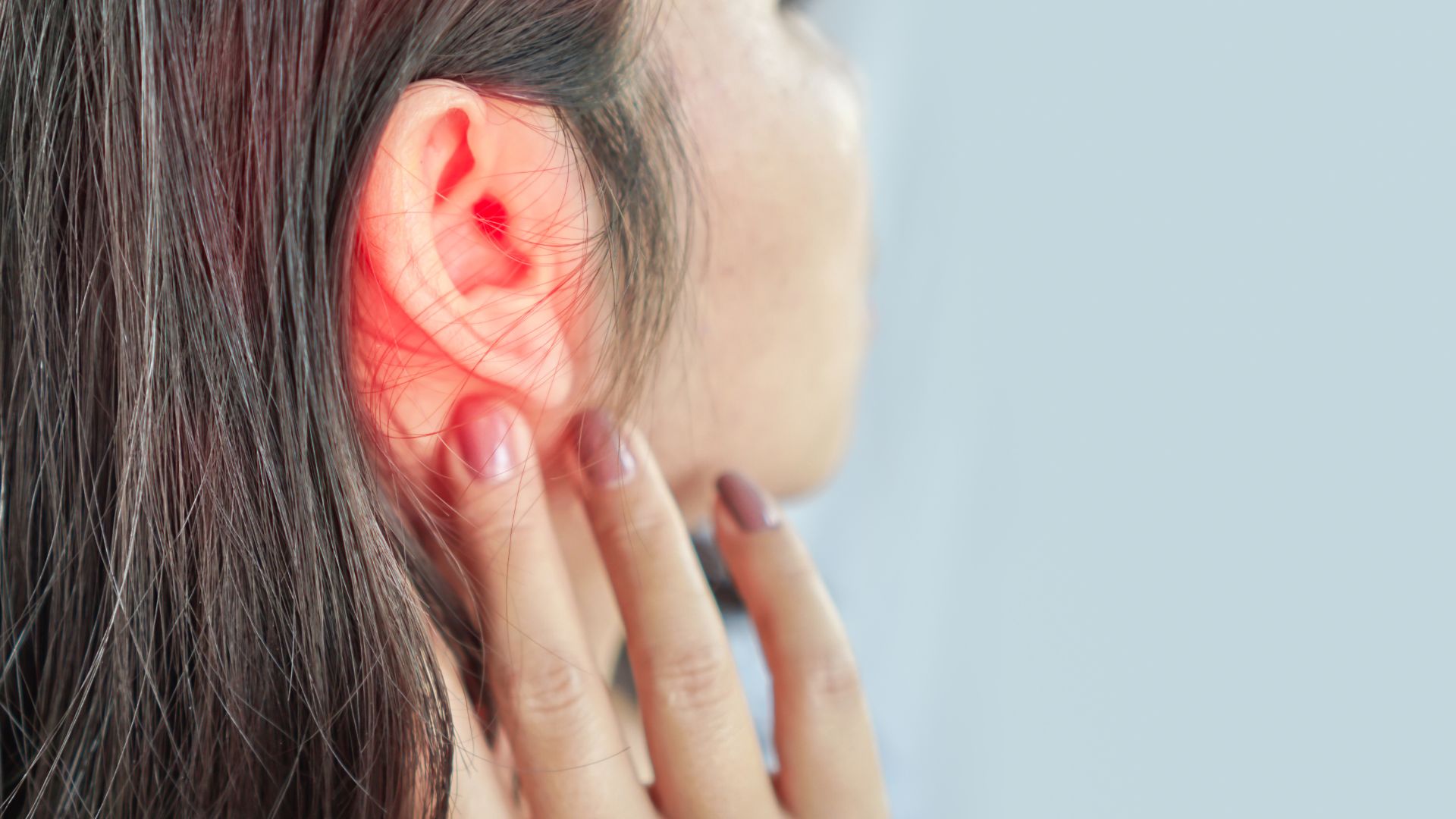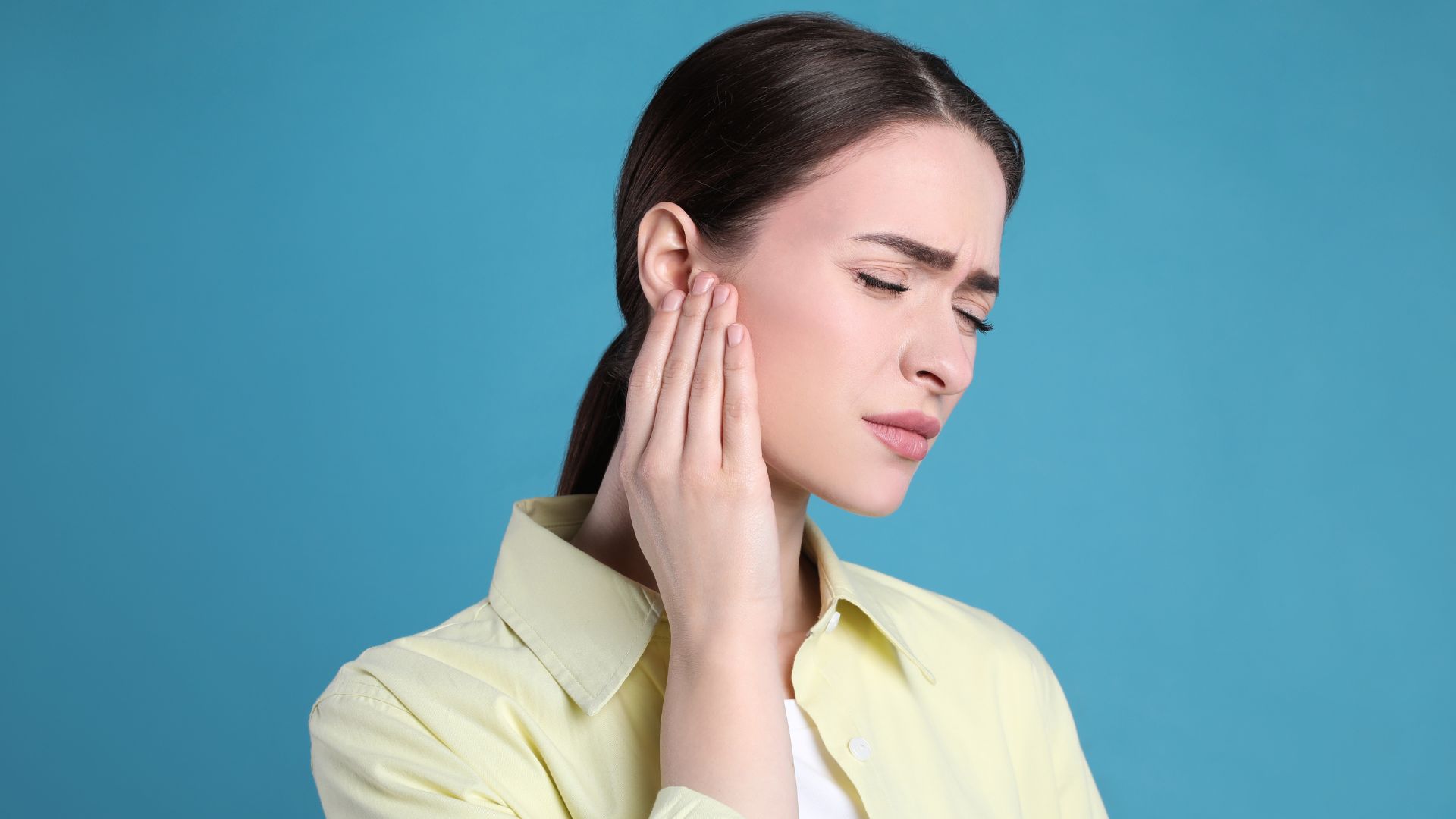
What is pulsating tinnitus?
Pulsating tinnitus - what is it and how can it be treated?Unlike most types of tinnitus, pulsatile tinnitus has a physical sound source that your ears pick up.
Have you ever heard a sound that follows your pulse in your ear? Perhaps a ringing, roaring or pounding sound that does not come from an external source? Then you may have pulsatile tinnitus, a form of tinnitus caused by blood circulation in or near the ears.
Here we will explain what pulsating tinnitus is, what causes and risk factors there are, how to make a diagnosis and what treatment options are available. We will also give you some tips on how you can alleviate your problems and improve your quality of life.

What is pulsating tinnitus?
Tinnitus is a collective name for different types of sound experiences in the ears that have no external sound source. It can be a constant or intermittent sound, a high-pitched or low-pitched sound, a tonal or hissing sound, and it can affect one or both ears.
Pulsatile tinnitus is a specific type of tinnitus that involves hearing a sound that is synchronized with your own pulse. It may sound like a ringing, buzzing, pounding or whistling sound in the ear. This is because the blood circulates in or near the ear and creates a vibration that the ear perceives as sound.
Pulsatile tinnitus is also called objective tinnitus, as the sound is actually in the body and can sometimes be heard by other people using a stethoscope. It differs from subjective tinnitus, which is the most common form of tinnitus and can only be heard by the affected person.
Get rid of pulsating tinnitus?
There are many possible causes of pulsatile tinnitus, but most have to do with changes in blood flow or blood pressure in or near the ear. Some examples of such reasons are:
- Damage to the inner ear or auditory nerve from noise exposure, aging, infections or drugs
- Narrowing or enlargement of blood vessels in the head or neck
- High blood pressure or overactive thyroid
- Tumors in the head or neck
- Anemia or other blood disorders
- Ear wax or fluid in the middle ear
- Contractions in the muscles of the middle ear
How is pulsatile tinnitus diagnosed?
If you have pulsating tinnitus, you should seek help from your GP or health centre, who can refer you on to a specialist if necessary. You will undergo a physical examination of your head and neck to identify possible causes of your condition.
You will also have various tests to assess your hearing and your blood circulation, for example:
- Hearing test (audiometry) to measure your hearing level and possible hearing loss
- Blood pressure measurement to check your blood pressure
- Blood tests to check for anemia, thyroid problems, or other diseases
- CT scan or MR scan to look for any tumors or vascular malformations in the head or neck
How is pulsatile tinnitus treated?
The treatment of pulsatile tinnitus depends on what is causing it. The goal is to reduce noise and its impact on your well-being. Some examples of treatment options are:
- Medication to lower your blood pressure, treat your thyroid or relieve your inflammation
- Surgery to remove a tumor, repair a vascular malformation, or dissolve an earwax plug
- Sound therapy to distract you from the sound and train your brain to ignore it using white noise, music or other soothing sounds
- Cognitive behavioral therapy to change the way you think and react to your condition
- Transcranial magnetic stimulation to reduce your symptoms with magnetic waves
How can you alleviate your discomfort?
In addition to medical treatment, there are also things you can do yourself to relieve your discomfort and improve your quality of life. Here are some tips:
- Avoid loud noises that can worsen your tinnitus
- Use hearing protection if you are exposed to noise at work or in your free time
- Follow a healthy lifestyle with good diet and exercise
- Maintain a normal weight and avoid smoking
- Manage your stress effectively with relaxation techniques
- Seek support from your doctor, family or friends if you feel down or depressed
- Join a patient association or self-help group where you can meet others with similar problems
Summary
Pulsating tinnitus is a condition where you hear a sound that follows your own pulse in the ear. It is usually due to some kind of change in blood circulation in or near the ear. It can be a sign of an illness, so it is important to seek help if you have it.
The treatment of pulsatile tinnitus aims to reduce the sound and its negative effects on one's well-being. There are various medical and non-medical options depending on what is causing the problem. You can also do some things yourself to alleviate your problems and live a good life despite your tinnitus.
We want to change and improve!
Duearity's purpose is to improve the lives of individuals with tinnitus
and give them hope to be able to enjoy life again. Therefore, we have created one
medical device that can be used at any time,
because each person experiences their tinnitus differently and has different needs
treatment times.
You can read more about the treatment by clicking here: Treatment with Tinearity G1 Please get in touch if you want to know more about how we at Duearity treat tinnitus: info@duearity.com
